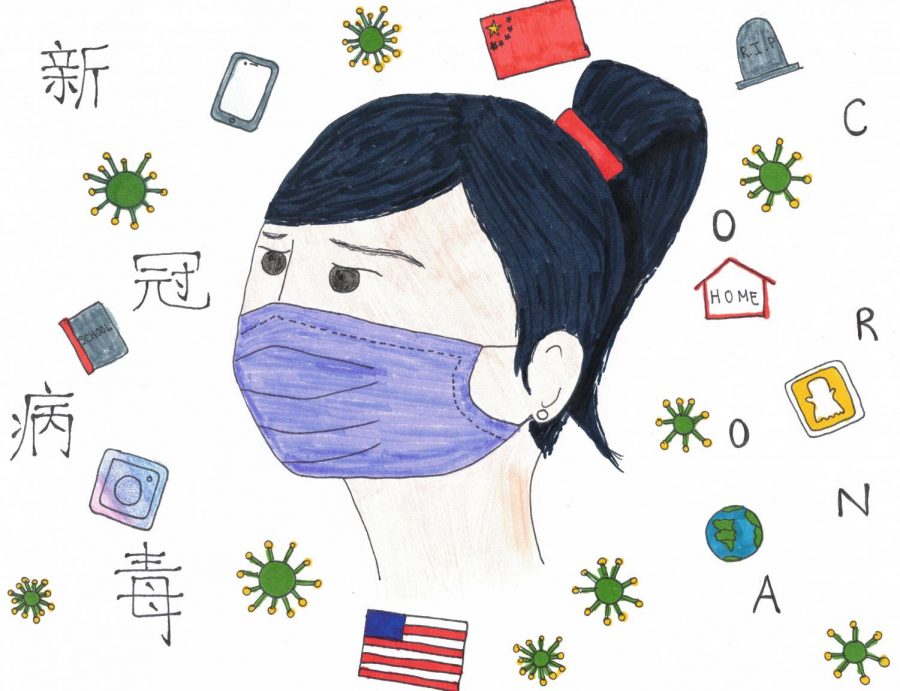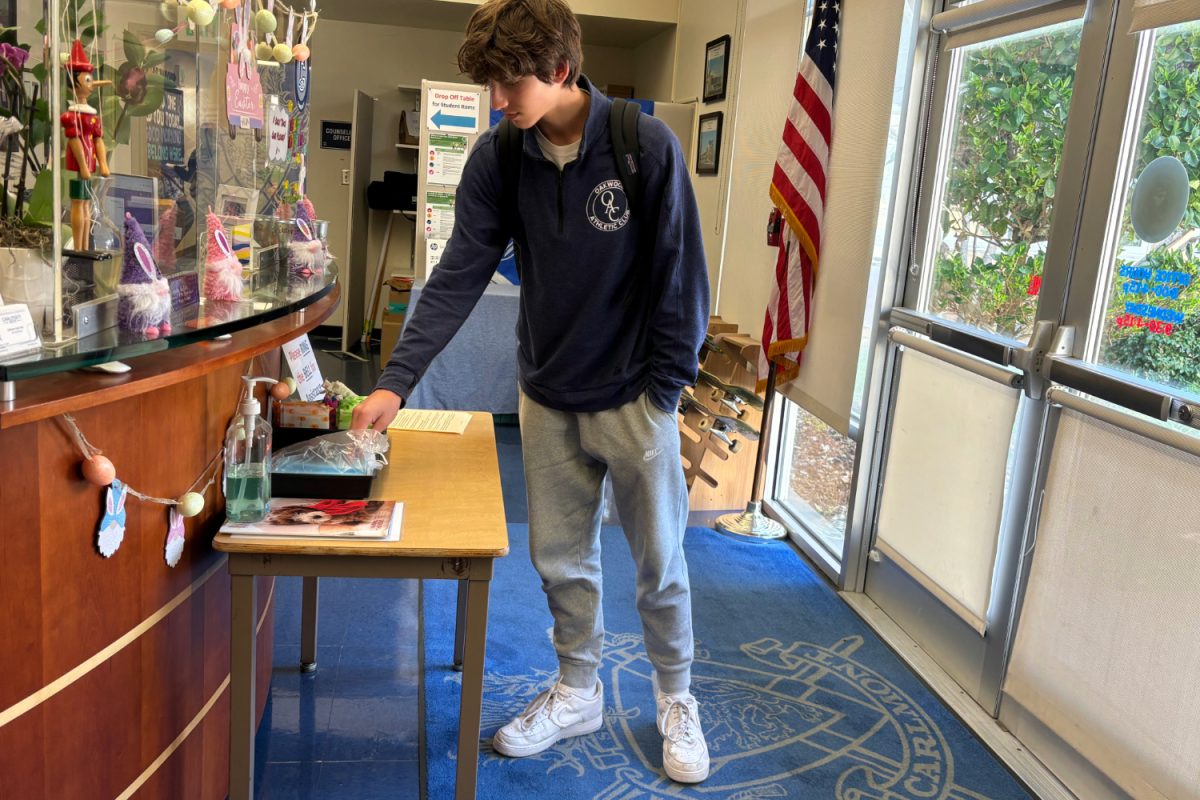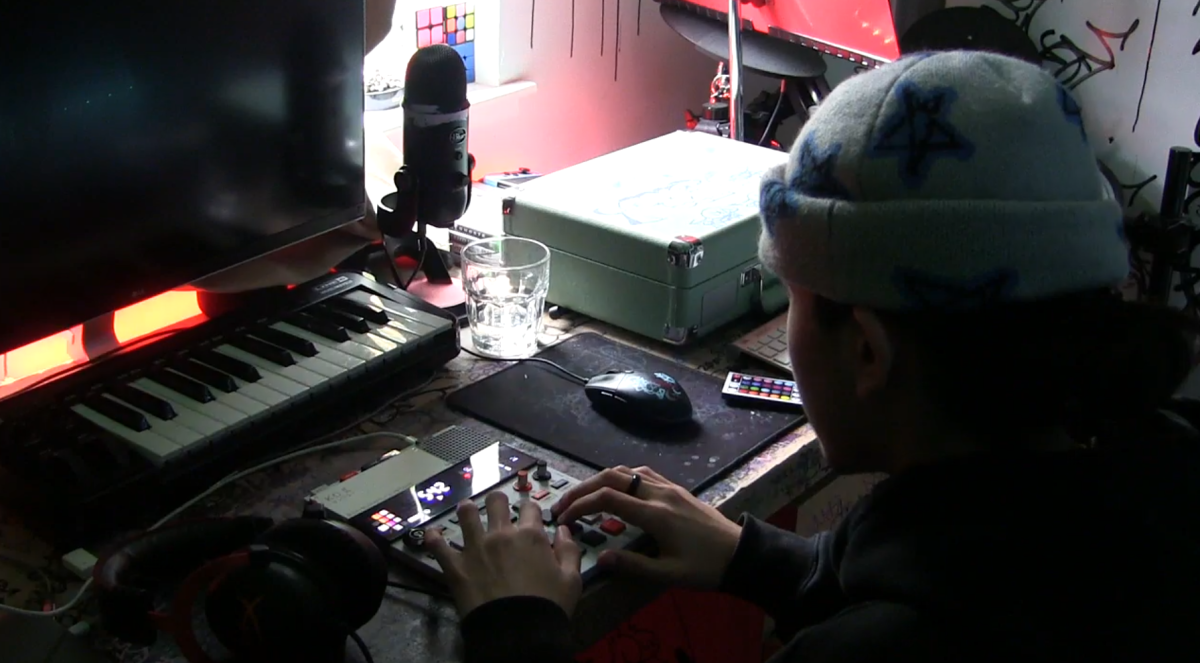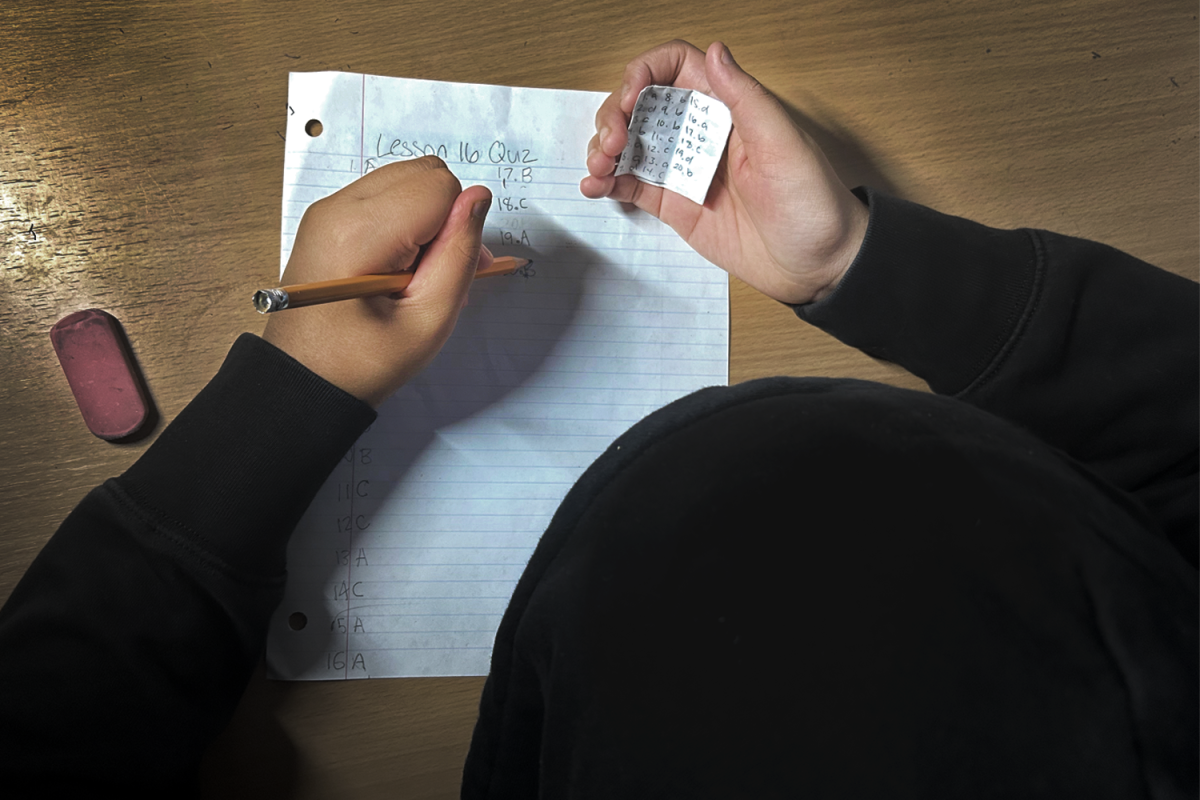For the past few months, COVID-19 has profoundly impacted the lives of people all around the world. The virus has shut down schools, canceled community gatherings, and even put entire countries on lockdown.
Adults have noticed these challenges and have quickly taken action to better prepare themselves for what is yet to come. However, many teens are numb to the pressure and haven’t realized the seriousness of the pandemic yet.
For example, Snow Li, a freshman in college, lives in Liao Ning, China, which is north of Wuhan.
“At first, I was worried, but not scared. It was super unexpected, and it hasn’t sunk in yet,” Li said.
Many teens like Li felt anxious and worried once the virus started to surround their community. Teens in the Bay Area have recently started feeling the pressure when over 900,000 people were instructed to shelter in place until April 7.
Kelly Kwong, a sophomore at Carlmont, said,” At the beginning of the coronavirus pandemic, I initially felt that the situation would not escalate to the point it currently is at. It took me time to realize that it would become a major issue.”
Students at Carlmont have also been sent home with online material to maintain their academics throughout the lockdown. They use apps such as Canvas, Edpuzzle, and Zoom to teach their online courses.
However, this style of teaching doesn’t suit everyone.
“In some ways, I prefer online learning because I can learn at my own pace, but it can be harder to learn a new concept because there is no real lesson taught by a teacher,” Kwong said.
As students at Carlmont are continuing to adjust to this new system of learning online, schools in Liao Ning have been using online methods of teaching since Chinese New Year.
Yue Kang, the owner of the Li Zhi Education Center in Liao Ning, China, uses apps like Ding Talk (Ding Ding) to teach a 3-hour online course each day.
Kang said, “I’d say that online learning is useful for self-motivated students, but it’s not for everyone.”
Aside from online courses, students have also discovered they have a significant amount of free time that they never had before.
Wenbo Li, a freshman at the Li Zhi Education Center, spends his free time watching TV and exercising after completing his school work in the morning.
Similarly, Michael Yi, a sophomore at Carlmont, also exercises and plays video games in his newly discovered free time.
As teens discover ways to keep themselves entertained, Kang has also found ways to pass time.
Kang said,” I have been cooking more traditional Chinese cuisine. I’ve also had more time to think about the future and focus more on myself.”
Even with individual activities, both teens and adults continue to maintain their social life with the use of messaging and online video chats. Teens in China use platforms such as QQ and We Chat to keep in touch with their friends and family.
With social distancing, many teens are starting to feel the effects of the pandemic first hand. Many students continue to hope for the best and believe that the world and environment will take care of itself.
Li said,” At this point, I don’t have much feeling anymore, I’m numb to it. I want it to end.”












